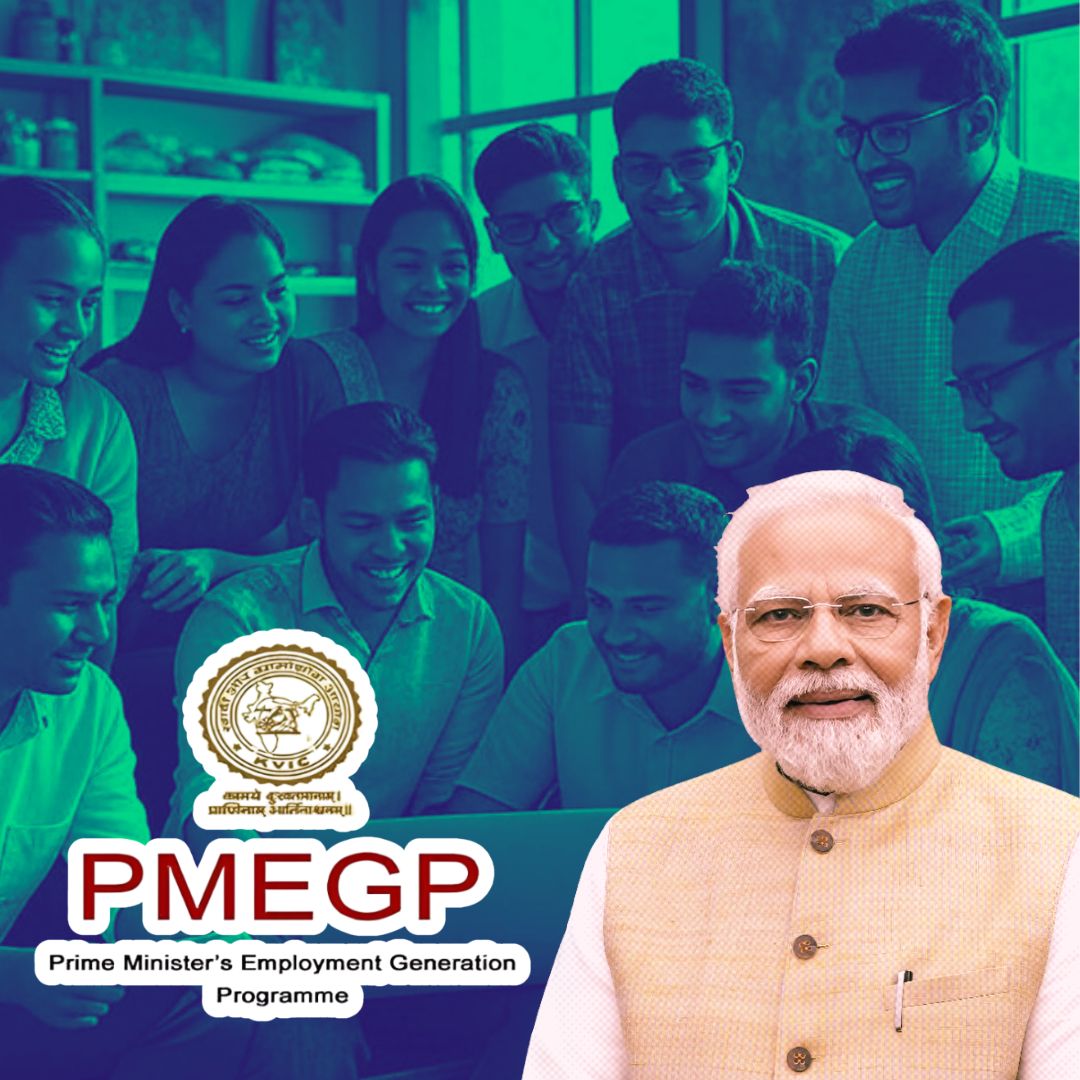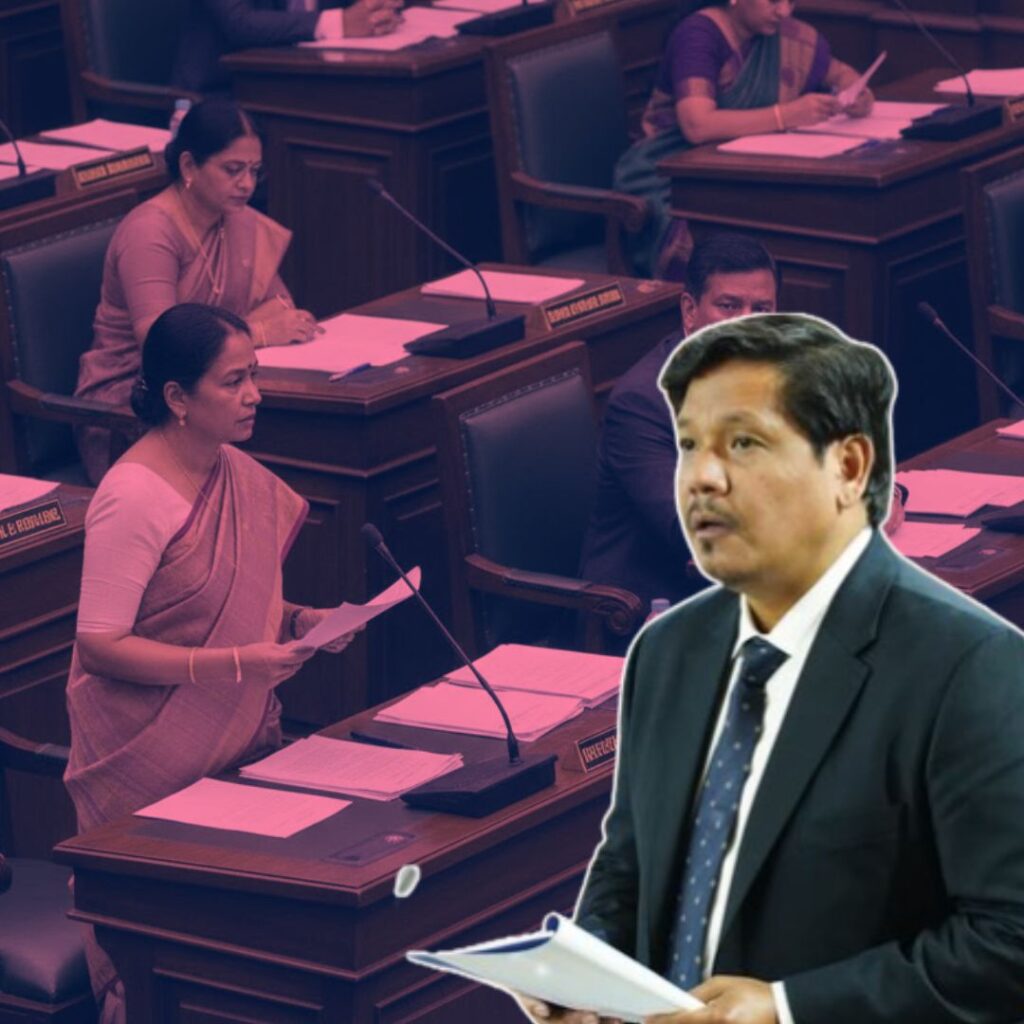In 2025, the Indian government’s Prime Minister’s Employment Generation Programme (PMEGP) remains a key catalyst for entrepreneurial dreams, providing collateral-free loans and subsidies up to 35% for new businesses. The program is designed to support individuals even without initial capital or business ideas. PMEGP is open to anyone over 18 and various groups, spanning both rural and urban areas.
The initiative has an approved outlay of ₹13,554.42 crore through 2025-26. Applicants can explore numerous business ideas, apply online, and access inclusive eligibility criteria and sector-wide support, solidifying PMEGP as a cornerstone for job creation and economic independence nationwide.
The latest developments include enhanced online application processes and expanded support for environmentally sustainable projects.
Empowering Grassroots Innovation
Administered by the Ministry of Micro, Small and Medium Enterprises (MSME) and implemented by the Khadi and Village Industries Commission (KVIC), PMEGP provides substantial financial aid: up to ₹25 lakh for manufacturing and ₹10 lakh for service sector projects, with enhanced support for priority applicants.
Subsidies, ranging from 15% to 35%, depend on the applicant’s category and location, with significant benefits for individuals from SC/ST/OBC, minorities, women, ex-servicemen, and differently-abled backgrounds. “PMEGP is not just a scheme; it’s an empowerment movement, transforming communities by turning innovative ideas into viable businesses,” stated a senior MSME official during a recent entrepreneurship summit, highlighting its impact on fostering local economies.
Application processes are now further streamlined online, ensuring quicker submission and real-time status tracking, with approvals typically processed within 30–45 days, thereby accelerating the entrepreneurial journey.
How to Apply for PMEGP: Step-by-Step Guide
- Explore Business Ideas: Visit the official PMEGP portal (https://www.kviconline.gov.in/pmegp/) to browse thousands of viable business ideas and select one that suits your interests and skills.
- Check Eligibility: Ensure you are above 18 years old and meet the basic criteria (minimum Class 8 pass for projects above ₹10 lakh in manufacturing or ₹5 lakh in services).
- Prepare Documents: Gather required documents such as Aadhaar card, PAN card, educational certificates, project report, caste certificate (if applicable), and passport-sized photographs.
- Online Application:
- Go to the PMEGP e-portal and click on ‘Online Application Form for Individual’ or ‘Non-Individual’.
- Fill in the application form with personal, business, and project details.
- Upload scanned copies of all required documents.
- Submit Application: Review the details and submit your application online.
- Track Status: Use the application ID to track your application status on the portal.
- Interview & Scrutiny: If shortlisted, attend an interview or scrutiny session conducted by the District Level Task Force Committee (DLTFC).
- Bank Processing: Upon approval, your application is forwarded to a bank for loan processing.
- Training: Complete the mandatory Entrepreneurship Development Programme (EDP) training (usually 10–15 days).
- Disbursement: After successful training and documentation, the loan amount and subsidy are disbursed to your bank account.
Broad Reach, Comprehensive Support, and Tangible Outcomes
Eligibility is expansive, welcoming any adult over 18, with minimal education requirements (Class 8 pass) applicable only to larger ventures. The program extends its support to individuals, self-help groups, registered societies, and charitable trusts, focusing exclusively on new business setups.
PMEGP’s framework embraces a diverse spectrum of micro-enterprises, excluding only activities on a restrictive negative list (such as grocery shops and certain farm-related activities), with a clear aim to foster sustainable employment and mitigate rural-to-urban migration.
Projected to catalyse over 4 lakh projects and generate 30 lakh jobs by 2026, PMEGP distinguishes itself through its commitment to inclusivity, tangible outcomes, and a robust support system. In recent updates, the scheme has also incorporated provisions for promoting eco-friendly and sustainable business practices, aligning with global environmental goals.
The Logical Indian’s Perspective
The enduring success and progressive evolution of PMEGP reflect India’s strategic emphasis on fostering self-employment, grassroots innovation, and equitable economic advancement. By dismantling financial obstacles and prioritising marginalised communities, the scheme not only creates employment opportunities but also cultivates a culture of entrepreneurship across the nation.
As PMEGP continues to advance, how can policymakers, community leaders, and the private sector synergise their efforts to ensure the sustainability and social impact of these emerging businesses?












